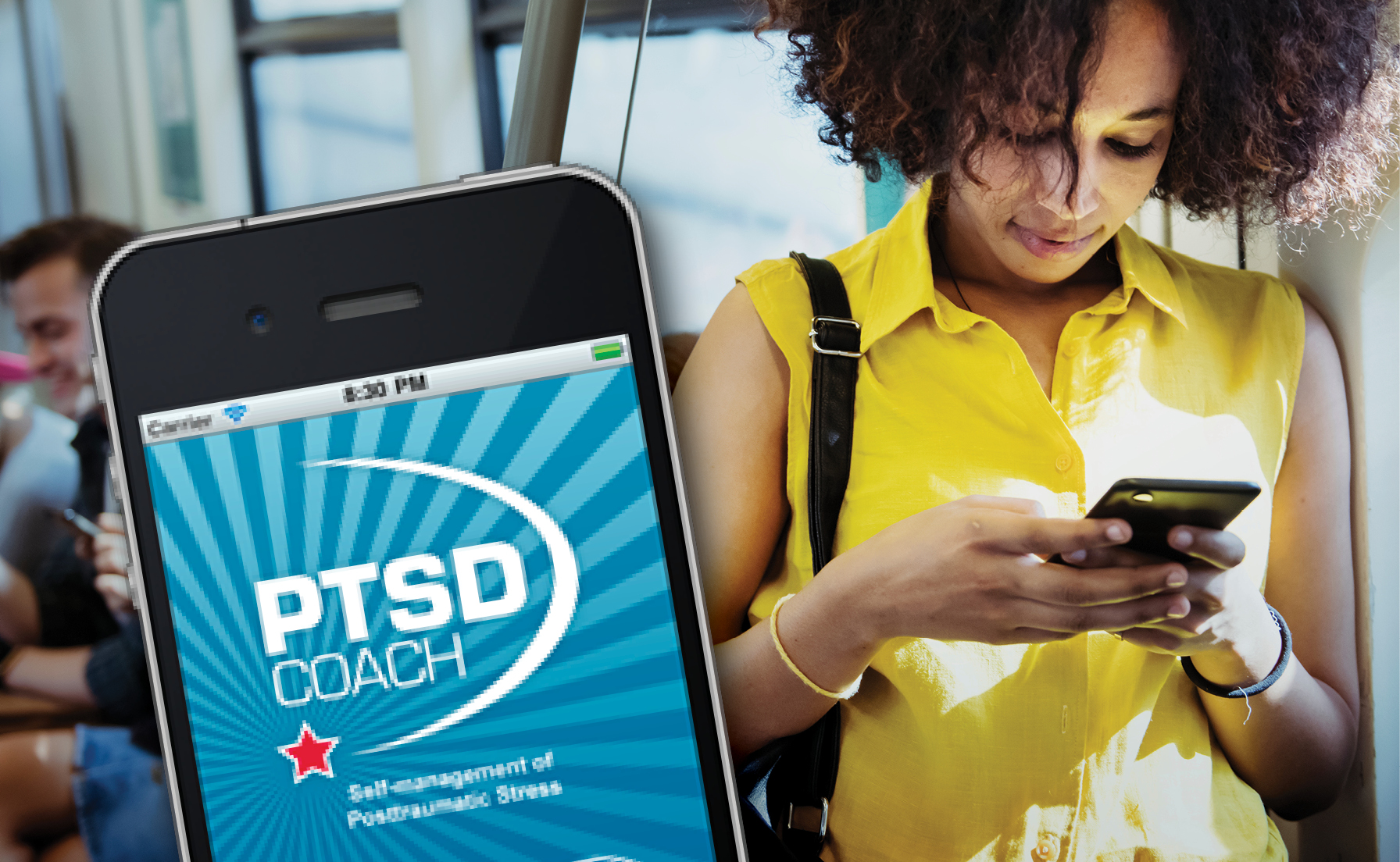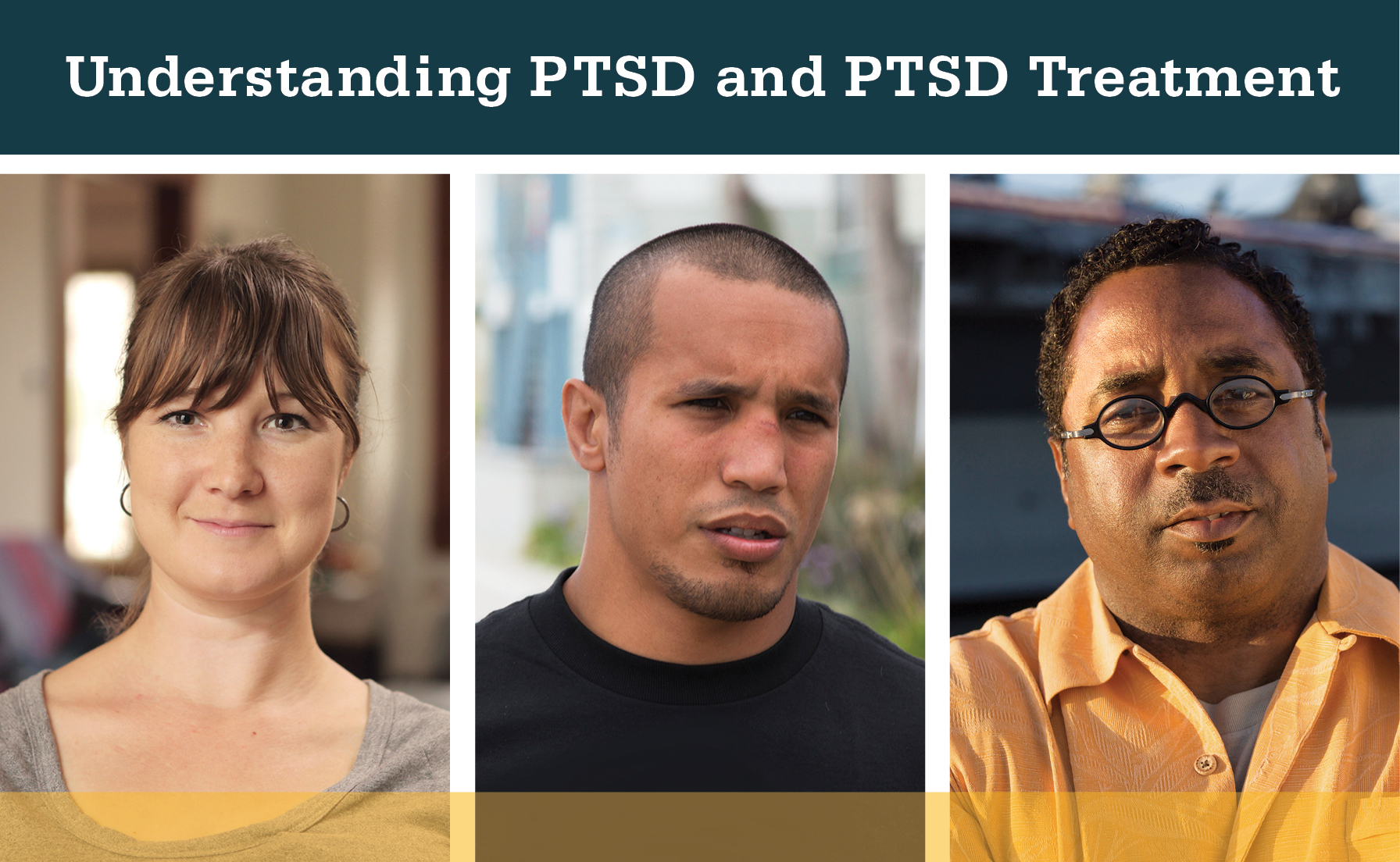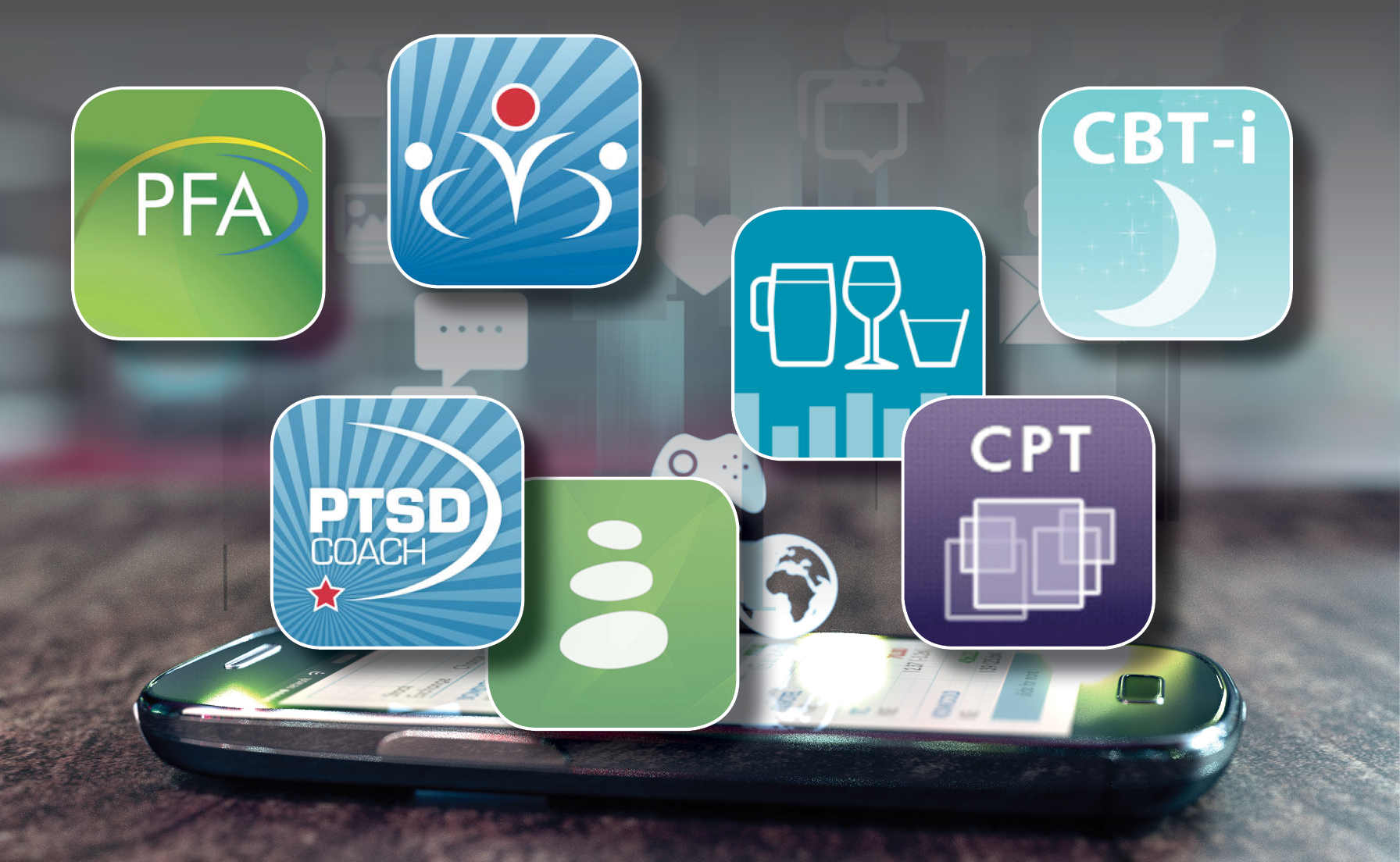PTSD: National Center for PTSD
Tips for Veterans Coping With Large-Scale Traumatic Events
Tips for Veterans Coping With Large-Scale Traumatic Events
When large-scale traumatic events such as war, terrorism, mass violence or disasters occur in the U.S. or abroad, it may remind you of your past experiences or you may be worried about the safety of people who were directly affected. In response, you may have a range of emotions. Learn ways to cope with this ongoing stress.
Reading time: minutes
Common Reactions to Large-Scale Traumatic Events
Veterans may experience the following reactions related to events such as war, mass violence or disasters:
- Feeling frustrated, sad, fearful, helpless, distressed (including moral distress), angry or betrayed
- Experiencing an increase in mental health symptoms like symptoms of PTSD or depression
- Unable to turn away from news or social media coverage
- Sleeping poorly, drinking more or using more drugs
- Trying to avoid all reminders or shy away from social situations
- Having more military and homecoming memories
- Worrying for the safety of people who were affected
- Feel guilt that they can't do more about the situation
Veterans also may feel like they need to expect and/or prepare for the worst and may:
- Become overly protective, vigilant and guarded
- Become preoccupied by danger
- Feel a need to avoid being shocked by, or unprepared for, what may happen in the future
Feeling distress is a normal reaction to negative events, especially ones that feel personal or remind you of your own experiences. Some may have personal ties to the region or the people where the event occurred which can add to feelings of fear and distress. Even though the event may occur far from the U.S. and you may not have served in that region, the event can still be a powerful reminder of your own military or other experiences and bring up strong emotions. It can be helpful to let yourself experience those feelings rather than try to avoid them. Often these feelings will naturally run their course. If they continue without easing up or if you feel overwhelmed by them, the suggestions below can be helpful.
Strategies for Managing Ongoing Distress
When large-scale traumatic events occur, it can be helpful to focus on the present and to engage in the activities that are most meaningful and valuable to you. Is there something you can do today that is important to you? This can be as an individual, a family member, a parent or a community member. Is there something meaningful regarding your work or your spirituality where you can focus additional energy? These activities will not change the past or the things you cannot control, but they can help life feel meaningful and reduce distress, despite the things you cannot change.
It can also help to consider your thinking. Ask yourself if your thoughts are helpful to you right now. Are there ways you can change your thinking to be more accurate and less distressing? For example, are you using extreme thinking where you see the situation as all bad or all good? If so, try and think in less extreme terms. Rather than thinking "The world just isn't safe anymore. We are likely heading to another world war," consider instead "No one wants another world war. I can use my coping skills and get help if I need it."
Some may question the meaning of their service or the sacrifices they made. Consider the ways that your service made a difference, the impact it had on others' lives or on your own life. Remember that now is just one moment in time and that things will continue to change.
Finally, consider more general coping strategies:
- Engage in positive, healthy activities that are rewarding, meaningful, or enjoyable, even if you don't feel like it, as they can make you feel better.
- Stay connected by spending time with people who give you a sense of security, calm, or happiness, or those who best understand what you are feeling.
- Practice good self-care by engaging in activities such as listening to music, exercising, practicing breathing routines, spending time in nature or with animals, journaling or reading inspirational text.
- Stick to your routines and follow a schedule for when you sleep, eat, work and do other day-to-day activities.
- Limit news and social media exposure especially if it is increasing your distress.
- Use a VA mobile app to help manage reactions and practice self-care.
- Try PTSD Coach Online, with 17 tools explained by video coaches to help you manage stress.
When to Consider Professional Help
If your distress continues or you are unable to function well, consider seeking help. There are experienced and caring professionals available who can help you with common responses to current events, such as depression, anxiety, PTSD, moral injury and complicated grief.
Every VA facility has mental health specialists. Visit VA's Get Help page to find a provider near you.
Or go to Make the Connection , an online resource designed to connect Veterans, their family members and friends, and other supporters with information, resources and solutions to issues affecting their lives.
, an online resource designed to connect Veterans, their family members and friends, and other supporters with information, resources and solutions to issues affecting their lives.
If you feel like you might hurt yourself or someone else, reach out now. The Veterans Crisis Line , includes phone, online chat and text-messaging services free to all Veterans, even if you are not enrolled in VA health care. Confidential support is available 24 hours a day, 7 days a week, 365 days a year. Call 988, then press 1 or text 838255. Visit their website to open a live, online chat.
, includes phone, online chat and text-messaging services free to all Veterans, even if you are not enrolled in VA health care. Confidential support is available 24 hours a day, 7 days a week, 365 days a year. Call 988, then press 1 or text 838255. Visit their website to open a live, online chat.
You May Also Be Interested In


























